Rosavtodor — to regions: remaining money for road digitalisation to go to the best
Rosavtodor is dissatisfied with the low level of disbursement of federal money for the implementation of ITS
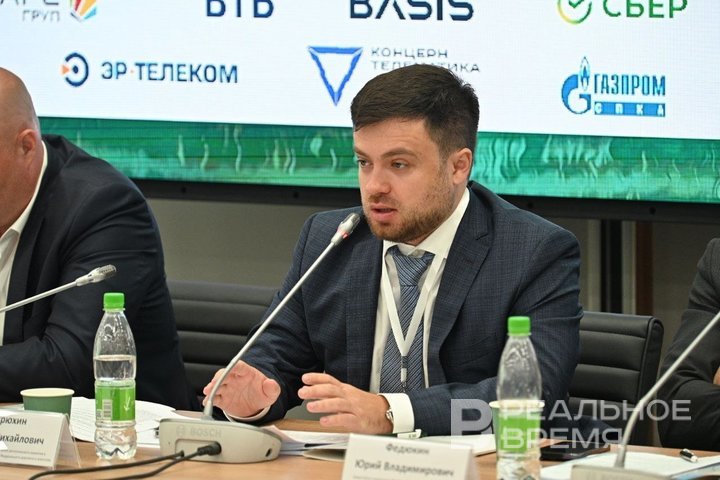
Regions do not have time to spend federal transfers in time worth 3.15 billion rubles allocated for the introduction of intelligent transport systems within the framework of the Safe High-Quality Roads national project. By September 1, the cash execution of road digitalisation projects in the country amounted to 36.9% against the expected 50%, said Denis Kiryukhin, the deputy head of the department for regional development and implementation of the national project of Rosavtodor agency. Sanctions will be applied to the laggards — the undeveloped remnants will be taken away and transferred to the successful. Tatarstan appears neither among the “leaders” with 100% contracts nor among the laggards. Meanwhile, Kazan, which has not received subsidies from Rosavtodor, is independently trying to switch to the domestic ITS platform. Read the details in the material of Realnoe Vremya.
Tatarstan is in the ranks of mediocre of road digitalisation
The Federal Road Agency Rosavtodor is dissatisfied with the slow pace of digitalisation of federal and regional roads, for which a special “option” has been allocated from the federal budget this year. Fifty-six regions of Russia have signed agreements to equip roads with intelligent transport systems (ITS) within the framework of the Safe High-Quality Roads national project, receiving a total of 3.15 billion rubles.
However, the cash execution of contract work in the regions is lagging far behind. By September 1, only 36.9% of the allocated amount, or 1.16 billion rubles, had been spent. What hinders the implementation of ITS was discussed at a meeting of the working group on ITS of the Federal Agency for Transport and Communications Rosavtodor with the participation of representatives of the regions gathered within the framework of the International Forum Kazan Digital Week 2024.
By the beginning of September, the regions managed to sign contracts for 2.7 billion rubles, or 88% of the allocated amount, Denis Kiryukhin, the deputy head of the regional development department of Rosavtodor, said at the meeting. Moreover, not all of the tenders for the selection of contractors for the equipping of ITS roads were held — only 48 of the 56 signatories. Eight regions, it seems, either simply “banned” or did not have time to complete the competitive procedures. At least, they appear in the “orange” list of regions that do not have 100% contracting, which means that not all contractors have managed to start digitalising the roads. The list includes Kemerovo region, Tomsk region, Vologda region, etc. Moreover, the first two regions disrupted the execution of state contracts by the end of 2023, so there are systemic problems there, Denis Kiryukhin added. By the way, there is not a single region of the Volga Federal District among the laggards.
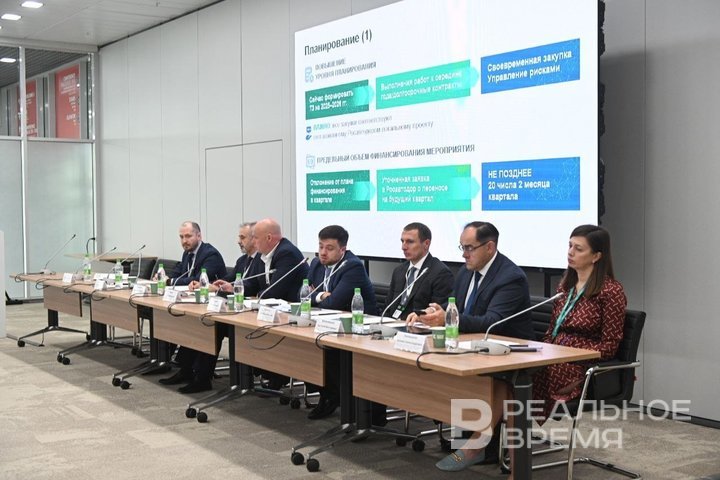
Another 14 regions are completing this year with a 100% contract, having concluded contracts with all ITS contractors. Rosavtodor included them in the “green” list, it followed from the slides of the department. The top lines included Nizhny Novgorod region, Perm region, Arkhangelsk region, Belgorod region, Lipetsk region and others.
Interestingly, Tatarstan is not on either the “orange” or the “green” list. Apparently, it is on the list of the average. Later, Deputy Minister of Transport and Road Management of the Republic of Tatarstan Artyom Chukin told Realnoe Vremya that “works on ITS are on schedule," but refused to disclose information about the amount of federal transfers and their intended use on the roads of the republic.
“Make claims — terminate the contract”
“The cash execution of 36.9% is not a very good figure. I would like to step over 50% by September," Denis Kiryukhin commented on the results.
He believes that the low level of execution of state contracts is associated with the poor performance of contractors in the regions. After all, they have 78 state contracts worth 2.7 billion rubles in their hands.
“My vision is that it's not a good job with contractors here," he said.
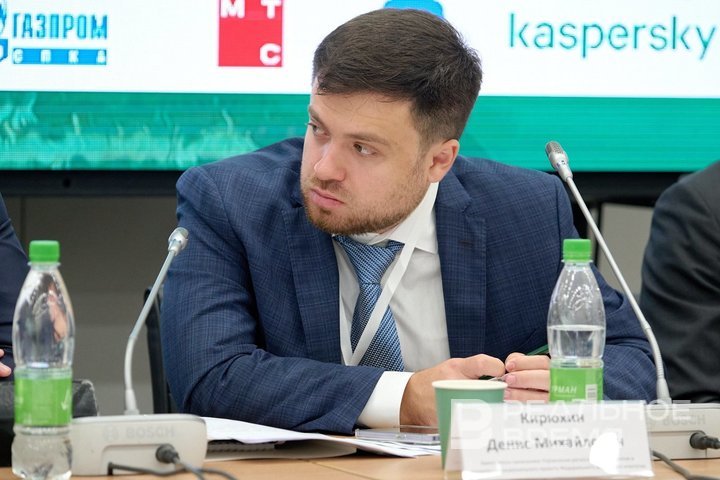
He also recommended taking extreme measures: “If you see that money is not being disbursed, make claims, terminate the contract.” According to him, the 44-FZ on public procurement provides a lot of tools to force the contractor to work on schedule and deliver the work on time.
Why are deadlines being disrupted? According to Kiryukhin, difficulties arise when coordinating technical specifications in the regions with local ministries of digital development.
“I often ask how things are going, but they tell me that we cannot coordinate the requirements specifications with the ministry of digital development. Road builders are always arguing with digitalists, road builders are fighting with digitalisation and the municipality," he reprimanded.
For this reason, Rosavtodor could not finish the year with 100% fulfillment of ITS programs, it was let down by two regions. In the last days of December, they reported that it was impossible to report on the 100% expenditure of allocated transfers.
September 1 — ITS deadline for road builders
In response, Rosavtodor decided to tighten the conditions for providing transfers. According to Denis Kiryukhin, by September 1, the department would conduct an audit of the spent funds, after which the remains will be withdrawn and transferred to other regions that are ahead in equipping ITS.
“The remnants of the contract are a systemic problem. Last year we gathered and talked about this topic. But now we are tired of not being contracted. Because of this, other regions cannot reach the first level of maturity," he lamented.
Next year, the agreement with the regions will include a clause stating that the entity is obliged to carry out the contract before September 1.
“We withdraw transfers from those who do not have time. Now we are collecting information, forming a draft decree of the government of the Russian Federation and will propose to the government to redirect money to those who can disburse and reach the first level of maturity at a faster pace," Denis Kiryukhin said.
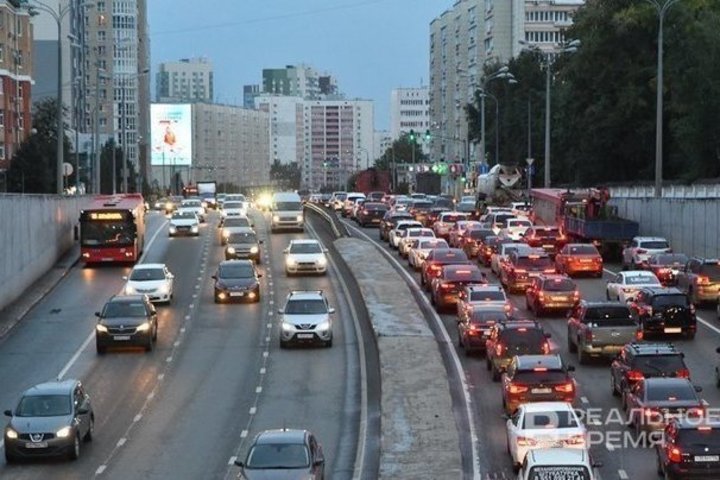
However, regional authorities were warned about the seizures at the beginning of the year.
“There should be no hard feelings here. The warning was sent out on April 1," Kiryukhin said. “Now we are forming balances, we will find those entities that can outstrip the pace, and transfer money to them," he warned.
We add that next year the regions are to receive about 3 billion rubles for ITS again, but from 2026 an increase to 8 billion rubles is planned. In general, transfers for the digitalisation of roads have been allocated since 2019, and 100 billion rubles have been disbursed over five years. It was not reported what was done in Tatarstan. Usually, with the help of federal funding, information and navigation systems for tracking public transport are installed in the regions, smart traffic lights with detectors for analysing traffic intensity, allowing for optimal intersection mode and reducing congestion. Regions are assigned three maturity categories — the first, second and third. Tatarstan is in the first stage of maturity.
How to assess benefits from ITS?
Regions independently determine ITS architecture, functionality and platform, so they are diverse. This time, the management of Rosavtodor presented a draft of ITS efficiency, which the systems in the regions should correspond to. We have chosen three criteria for evaluating effectiveness. The first is the degree of automation of abnormal events and traffic incidents, the time to eliminate abnormal events, and the reliability of ITS operation. The second one is “social”, that is, the system must monitor compliance with public transport schedules of vehicles. The third one is public — to take into account public opinion.
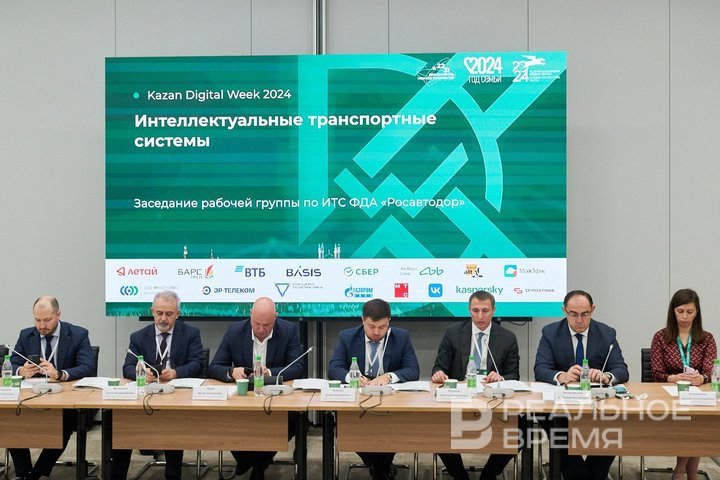
Tyumen's experience in traffic management was presented as an exemplary model of ITS. According to Stanislav Loginov, the director of the Department of Informatisation of the Tyumen region, defects on roads are detected online in it, data is uploaded to the information system. An incident is immediately created, routing is built, which is configured for a problematic section of road. If there is a warranty case, then the contractor must leave and fix it within a few days.
“Everything is aimed at a proactive mode for processing incidents," said Stanislav Loginov.
He admitted that the implementation was not easy.
“When we created it, we did not know how the participants would react to the creation of modules. It is difficult to get to work without a certain motivation. Then they started to integrate information systems into contractors' contracts," he said.
As a result, the region has reached the second level of maturity.
Meanwhile, Kazan is trying to switch to the domestic ITS platform on its own. Municipal authorities used federal transfers to install 15 smart traffic lights with a recording function, a representative of the city authorities told Realnoe Vremya. According to him, the Kazan ITS is being transferred to a domestic platform, but its functionality is still small. Another headache is ITS cyber security. Evgenia Ponomareva, a representative of Kaspersky, warned that the number of attacks on cars is growing.
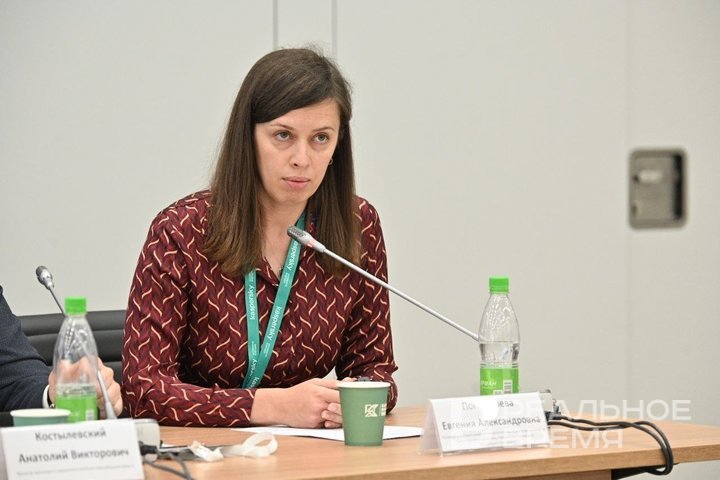
Hackers have learned to find a vulnerability in the smartphone of the owner of a vehicle and are even able to dump it “into a ditch”. Most attacks are carried out using ransomware. Currently, Rosavtodor and Kaspersky are looking for ways to protect ITS, she said.